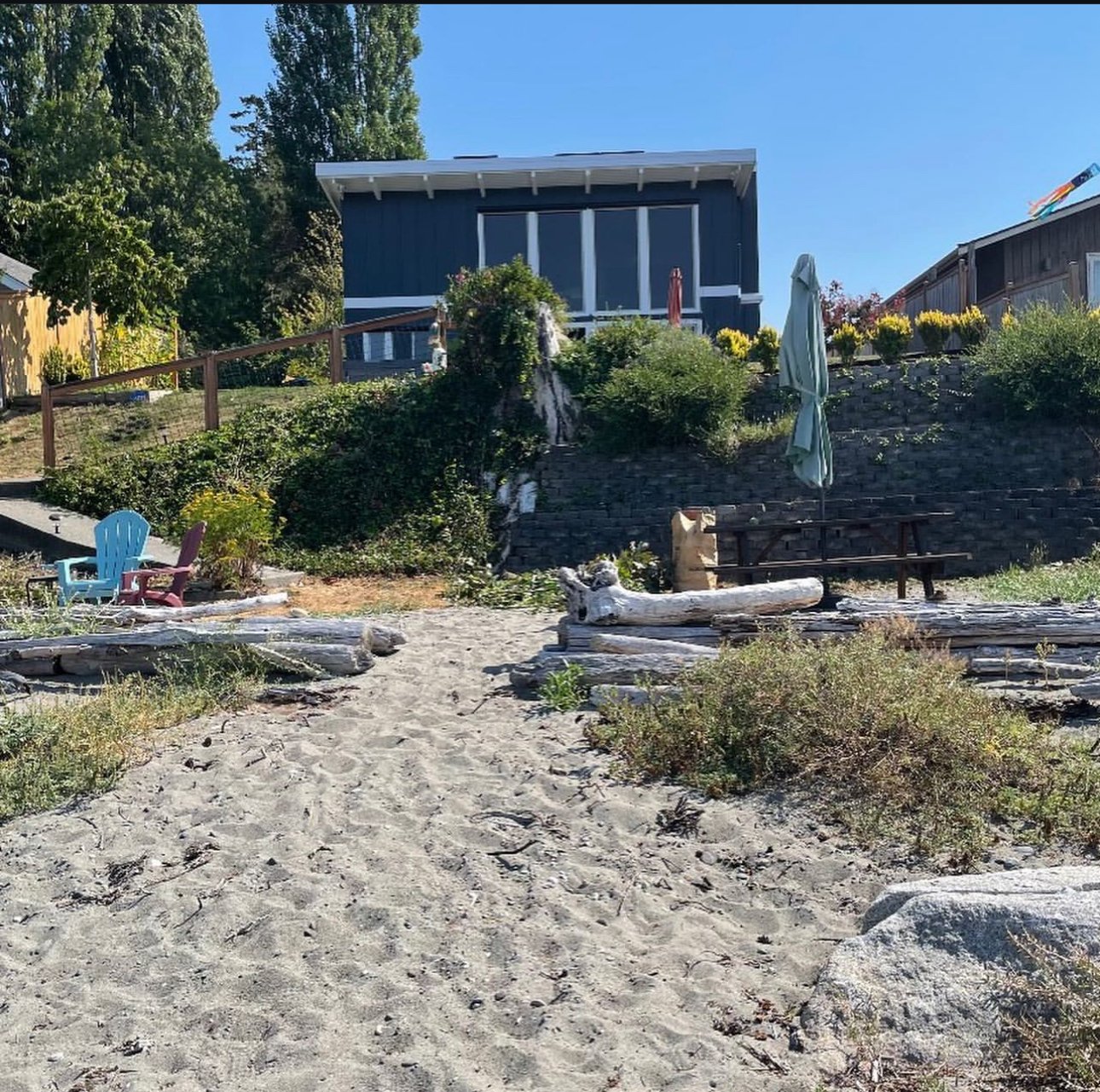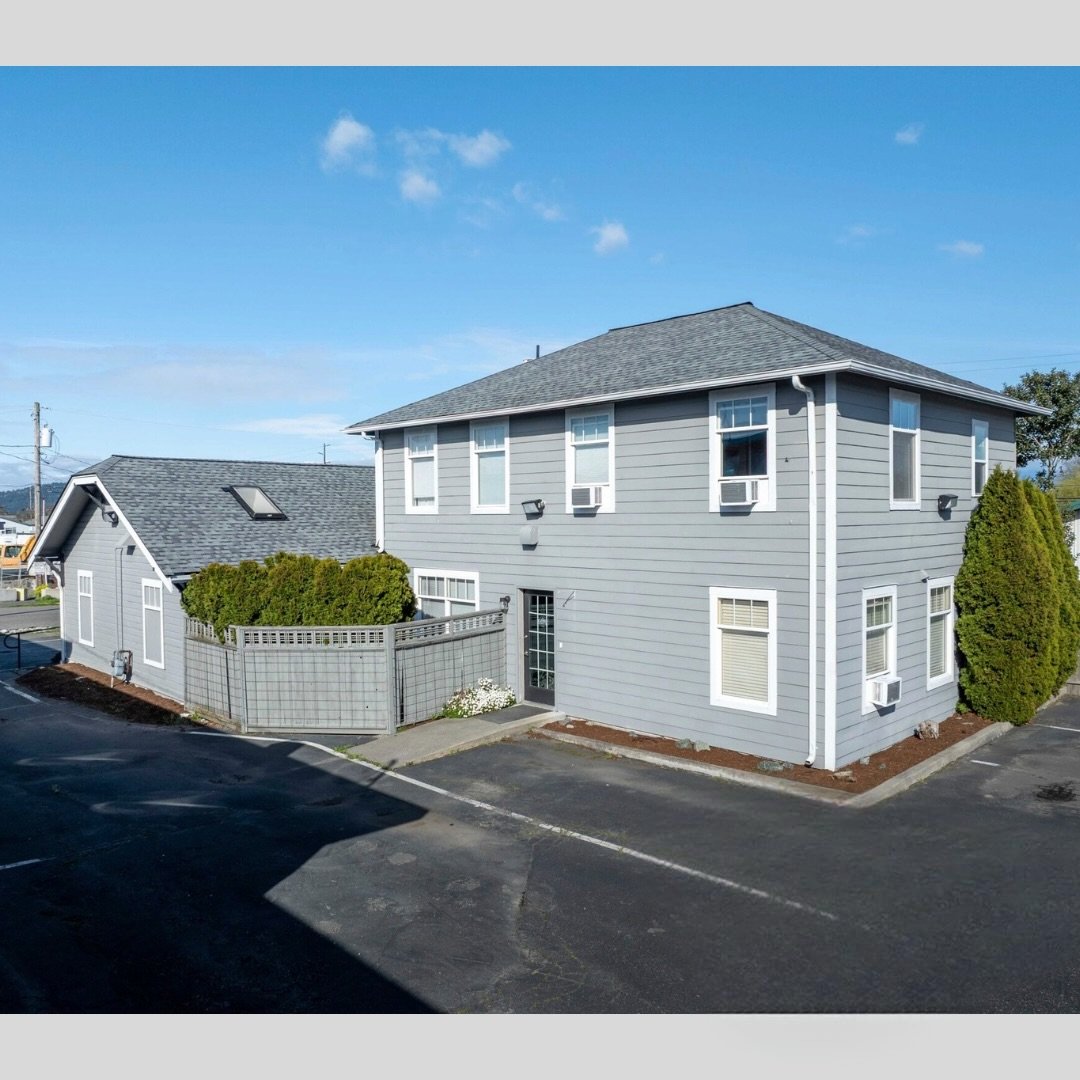In early 2025, homeowners in Whatcom and parts of Skagit County began receiving certified letters regarding a significant legal process known as water rights adjudication. This process, initiated by the Washington State Department of Ecology, aims to determine and document legal water rights within the Nooksack River Basin, officially designated as Water Resource Inventory Area 1 (WRIA 1). If you rely on a private well or draw water directly from surface sources like rivers or lakes, this adjudication process likely affects you.(Davis Wright Tremaine)
What Is Water Rights Adjudication?
Water rights adjudication is a court-supervised legal process that establishes who has the legal right to use water from specific sources, how much they can use, and the priority of these rights during shortages. The principle of “first in time, first in right” applies, meaning those who have used water the longest have seniority. This process is crucial for managing water resources, especially in regions facing increasing demand and environmental concerns.(Alana Mey)
Who Is Affected?
The adjudication encompasses all water users within WRIA 1, including:(Davis Wright Tremaine)
- Homeowners with private (permit-exempt) wells.
- Individuals drawing water directly from surface sources like rivers, streams, or lakes.
- Users with existing water rights documents.
- Properties outside public water system service areas.(Alana Mey)
Approximately 30,000 landowners are expected to participate in this process. If you receive your water exclusively from a public utility or city water system, you are not required to file a claim.(Yahoo, Alana Mey)
Timeline and Process
1. Notification (March 2025): Certified letters containing summons and court claim forms were sent to affected property owners via certified mail.
2. Claim Submission (By May 1, 2026): Recipients have one year to complete and submit their claim forms to the Whatcom County Superior Court. Filing can be done online via the court’s Guide and File system, by mail, or in person.(Alana Mey)
3. Evidence Collection (2026–2029): After submitting the initial claim, claimants have three years to gather and submit evidence supporting their water use claims.(Alana Mey)
4. Review and Determination (2029 onward): The Department of Ecology will review all claims and prepare reports on legal water use for each claimant. Claimants will have the opportunity to file objections if they disagree with Ecology’s determinations.(Alana Mey)
5. Final Adjudication: The court will issue a final decree establishing all water rights in the area. This entire process may take 10–20 years to complete.(Alana Mey)
What Homeowners Should Do Now
Gather Information:
- Determine when your well was first drilled or when water was first used on your property.
- Collect documentation of continuous water use over time.
- Estimate your water usage amounts.
- Note property details, including parcel numbers.(Alana Mey)
Utilize Available Resources:
- Washington Department of Ecology’s WRIA 1 Adjudication Website: Provides detailed information and resources related to the adjudication process.
- Whatcom County’s Adjudication Resources: Offers tools like the Nooksack Adjudication Map to find records of water right documents and well reports.
- Virtual Workshops: Whatcom County Public Works is hosting virtual workshops to assist water users in preparing for the adjudication. (ezview.wa.gov, Whatcom County, Whatcom County)
Seek Assistance:
If you need help understanding the adjudication process or completing your claim form, consider reaching out to local resources or professionals experienced in water rights. There are water rights attorneys who may also help you!
Why This Matters
Participating in the adjudication process is essential to protect your legal right to use water on your property. Failure to file a claim may result in the loss of your water rights. Given the complexity and long-term implications of this process, staying informed and proactive is crucial.(GovDelivery)
Need Guidance?
Navigating the water rights adjudication process can be complex. If you have questions or need assistance, feel free to reach out. I’m here to help you understand your obligations and ensure your water rights are protected.



